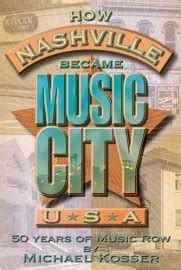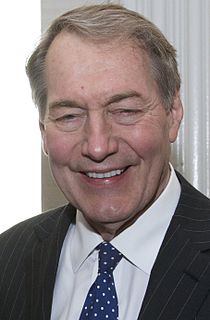A Quote by Andrew Bird
There's songs that could either be taken as a conversation between two people, like "The Privateers," or "Why," from a much earlier record. Or "Glass Figurine." That's my version of a relationship song.
Related Quotes
I always try to write a song, I never just want to write a record. Originally I was not writing songs for myself. ....And I can say this, most of the people who have recorded my songs are songwriters themselves. ... Even if I don't release it myself, somebody else might hear it and want to record it. When you write a song, it gives it that potential. When you write a song, a song has longevity. ... So I wanted to sing inspirational music, and that's exactly how I approached it-only the words have been changed to declare my relationship with God. Songwriting is my gift from God.
Here's some free advice; like the folkies of yore, you need to be not just a writer of songs, you need to be a lover of songs, a listener of songs and a collector of songs. If you hear a song in a club that knocks you out or you hear an old recording of a great song you never knew existed, it does not diminish you to record it; it actually exalts you because you have brought a great song from obscurity to the ear of the public.
Often for me, if I hear a song I know, it clicks for me and I hear it in a different way and I think, "I could sing that song. I've got something to say about that song. Wanting to connect with an audience and wanting them to rethink songs; it is actually important to do songs they're familiar with. Also, I love those songs. In a way, I think I've changed people's perceptions of what a cabaret show like this could be.
I got on the phone with the president of my label and I said, "Obviously, I write songs in a lot of styles and play a lot of different kinds of music. We're getting toward the end of our business collaboration. If you could envision a record that you wanted to hear from me, what kind of record would it be?" It wasn't like asking him to fill an order, it was really just a conversation. For all the things I'd ever asked him, this was one thing I'd never asked, and I don't know why. So I was curious. And the thing that he was most interested in hearing was a solo record.
You're not going to hit it every single time, and that's why, when I record an album, I do probably close to 50 songs. Each song I record has to get better. If it's not better than the last song that I made, it'll usually linger for a couple of months, and then it'll be put on the backburner, and then there'll be another song that I do, and then it often doesn't make it on the album.
The relationship between the United States and Mexico goes over and beyond the relationship between two governments. This is a relationship that has been built as of two peoples who have a common life, or millions of people who have their everyday lives in both nations; a relationship that undoubtedly involves millions of inhabitants of both countries.
'Something/Anything?' was kind of a different record, since I'm playing everything myself. A lot of the songs on there have a particular kind of instrumentation that is much like a guitar quartet, and in some ways, it's an exceptional song on that record because so much of the writing on 'Something/Anything?' is piano-oriented.
I don't think a lot of the times Foxygen songs require much editing. Our band rarely records a song and go, "God that sucked. We shouldn't show that to people." We're pretty confident in the way we make music, that rarely falters. We've just been doing it for so long, it's like a science between us. There's not a lot of times where we cut something or decide to not record it.



































